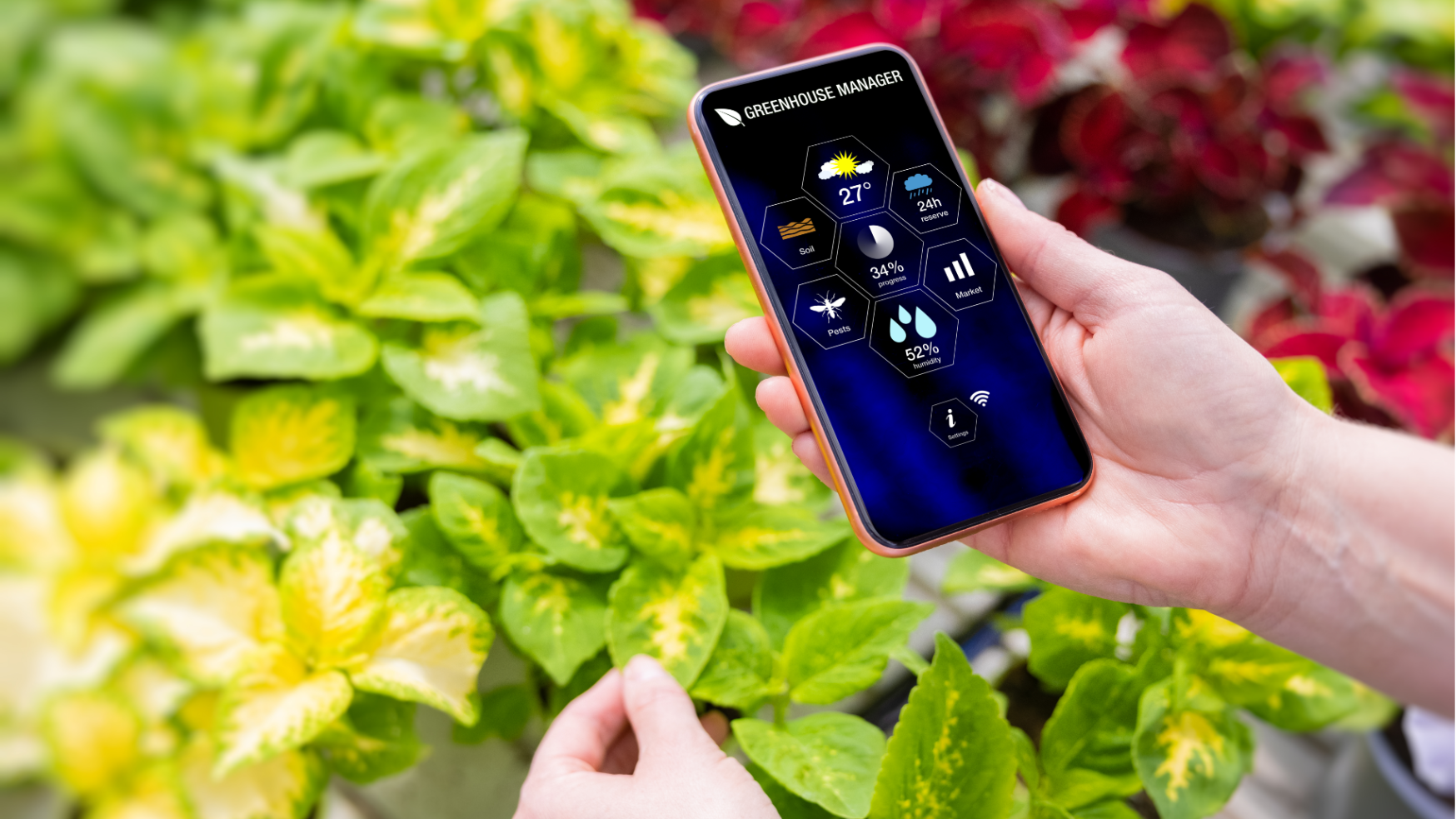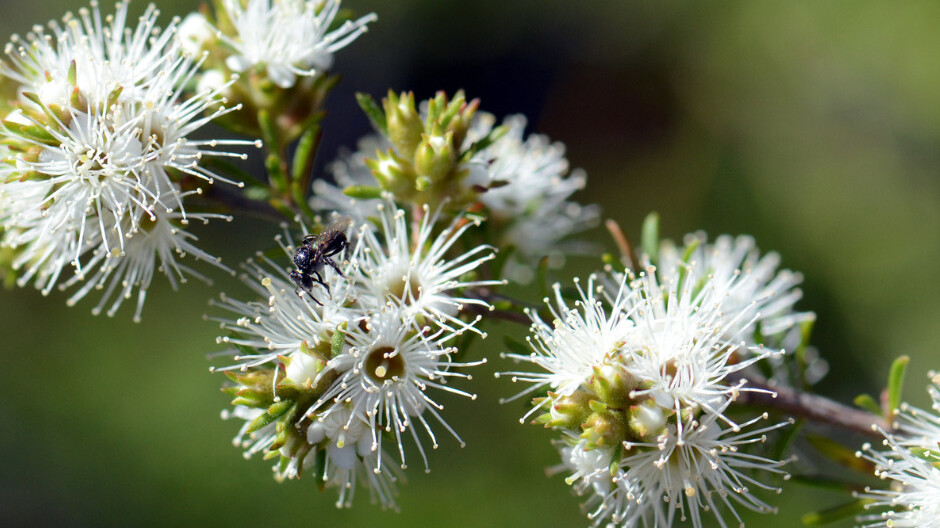Creating an eco-friendly and cost-effective garden involves more than just nurturing plants; it’s about adopting a sustainable approach that considers the lifecycle of materials. In this guide, we’ll explore practical ways to source sustainable materials, reduce waste, and creatively repurpose items, making your gardening journey both environmentally conscious and budget-friendly.
Sourcing Sustainable Materials
When establishing a garden with sustainability in mind, the choice of materials plays a pivotal role. Opt for options that leave a lighter footprint on the planet:
Locally Sourced Wood: Choose locally harvested, FSC-certified wood for raised beds and structures, supporting sustainable forestry practices.
Recycled Plastic: Invest in recycled plastic containers and planters, diverting plastic waste from landfills while providing durable and long-lasting solutions.
Upcycled Furniture: Give old furniture a new lease on life by transforming it into garden benches or decorative elements, reducing the demand for new manufacturing.
Natural Mulches: Embrace organic mulches like straw or bark, contributing to soil health while avoiding synthetic alternatives.
Reduce, Reuse, Repurpose
Embracing the mantra of “Reduce, Reuse, Repurpose” in your gardening endeavors not only promotes sustainability but also proves to be a savvy and cost-effective strategy:
Single-Use Alternatives: Eliminate single-use items such as plastic plant pots. Opt for biodegradable alternatives or invest in durable containers that can be used season after season.
Repurposed Containers: Transform everyday items like buckets, wooden crates, or even old boots into unique and charming plant containers, adding a touch of creativity to your garden.
Composting for Enriched Soil: Create your compost using kitchen scraps and yard waste, providing nutrient-rich soil amendments while reducing the need for store-bought fertilisers.
DIY Garden Tools: Craft your garden tools from salvaged materials, turning old broom handles into plant stakes or repurposing worn-out buckets into watering cans.
Cost Savings and Environmental Impact
The benefits of sourcing sustainable materials and embracing a reduce-reuse-repurpose mentality extend beyond environmental stewardship:
Budget-Friendly Gardening: By reusing and repurposing items, you can significantly cut down on the costs associated with buying new gardening supplies.
Community Engagement: Explore local swap meets, community gardens, or online platforms for exchanging materials, fostering a sense of community and resource-sharing.
Educational Opportunities: Engage in DIY projects and teach valuable lessons about sustainability to family and friends, creating a ripple effect of eco-friendly practices.
Cultivating a green garden is not only about nurturing plants but also about making conscious choices in material sourcing and resource utilisation. By embracing sustainability and creatively repurposing items, you not only contribute to a healthier environment but also cultivate a garden that reflects your commitment to a greener, more sustainable future.
Related Articles:
Citizen Science: A Pathway to Gardening Success and Biodiversity Conservation
In recent years, the realm of science has experienced a remarkable transformation, one that invites people from all walks of life to participate…
Wildflower gardens – What’s the buzz about?
In the quest for sustainable and environmentally conscious practices, gardening enthusiasts and nature lovers alike are turning to a time-tested…



